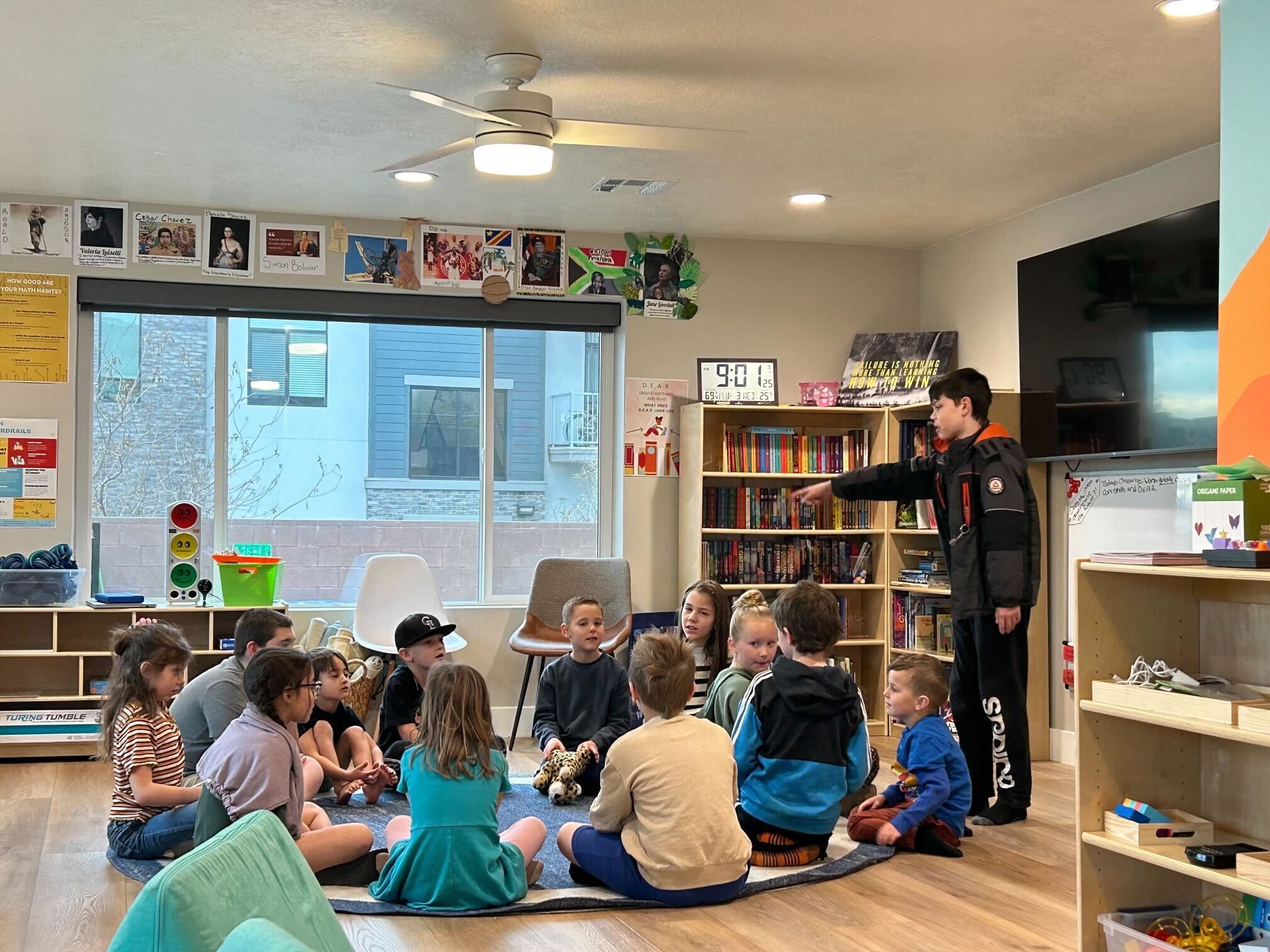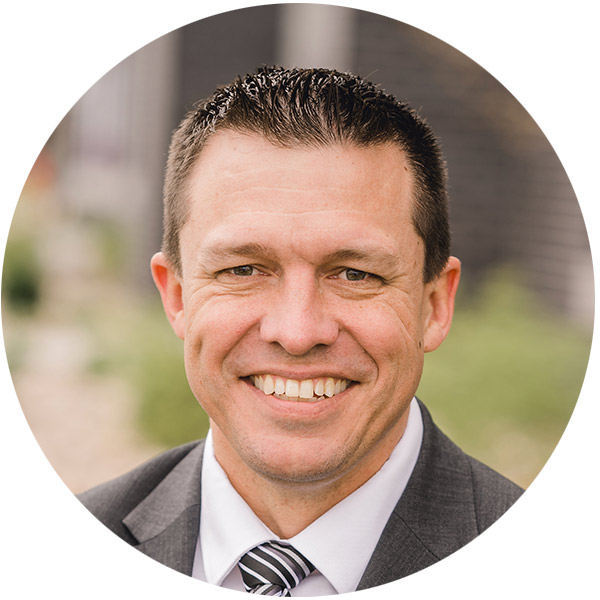“Microschool” has become a catch-all term for a variety of learning environments. They are typically low-cost private schools. They range in size and feel. Some look similar to homeschool co-ops and operate out of homes. Others look more like a small private school, with over 100 students enrolled.
Neurodivergent?
Neurodivergent students in particular are an interesting group to consider. “Neurodivergent” is a term used to categorize a variety of learning disabilities. It includes autism, ADHD, dyslexia, language processing disorders, and many other conditions. Traditional schools often treat neurodivergent students the same as their typical peers.
Unfortunately, many teachers struggle to spot these challenges in the classroom. By contrast, microschools create their learning environments specifically for children with these struggles. In fact, these schools don’t even call neurodivergence a disability. It is their super power.
How do microschools serve unique learners?
Because of their small nature, microschools are more capable of creating learning environments designed for specific types of learners.
Does your child have ADHD? There’s a school for that. Do you have a gifted student with a learning disability? There’s a school for that, too.
Whether your child is two grade levels behind in school, has been diagnosed as neurodivergent, or has been labeled a behavior problem — there’s a microschool for you.
The National Microschooling Center just surveyed over 400 microschools. Nationally, 63% of microschools serve students with neurodivergent conditions. They are able to customize their learning environment and the curriculum to meet the strengths of these students.
Some Examples
At Breakout School, Dal Richardson treats his students as superheroes. He serves students with ADHD and/or autism. How does he do this? He spends 80%-90% of his day outside.
Richardson found that these students concentrate better when they are outdoors. In addition to his unique location philosophy, he lets students set their own pace. If a student needs more time, they get it. If a student is ready to move on, they can. Even more unique, students with autism are given ample freedom to dive deep into their unique interests.

The results have been amazing. For example, on a trip to a local dinosaur museum, one of his students began to explain amazing details about an obscure dinosaur. A paleontologist working at the museum overheard. This paleontologist told Richardson that this student knew more about that dinosaur than she did.
At Heron School in Moab, school founder Emily Niehaus serves students who are twice exceptional. These students are gifted, but have a learning disability that can make traditional schooling difficult.

Niehaus has structured her school to have two long class periods each day. Students are free to dive deep into topics of interest, experiment, and explore the subject on a different level. Her students are thriving in this environment.
Many microschools are designed for unique learners. They meet the needs of students who are often thought of as difficult.
Microschools are not just an option, but a lifeline to parents seeking an education that meets the needs of their children.





